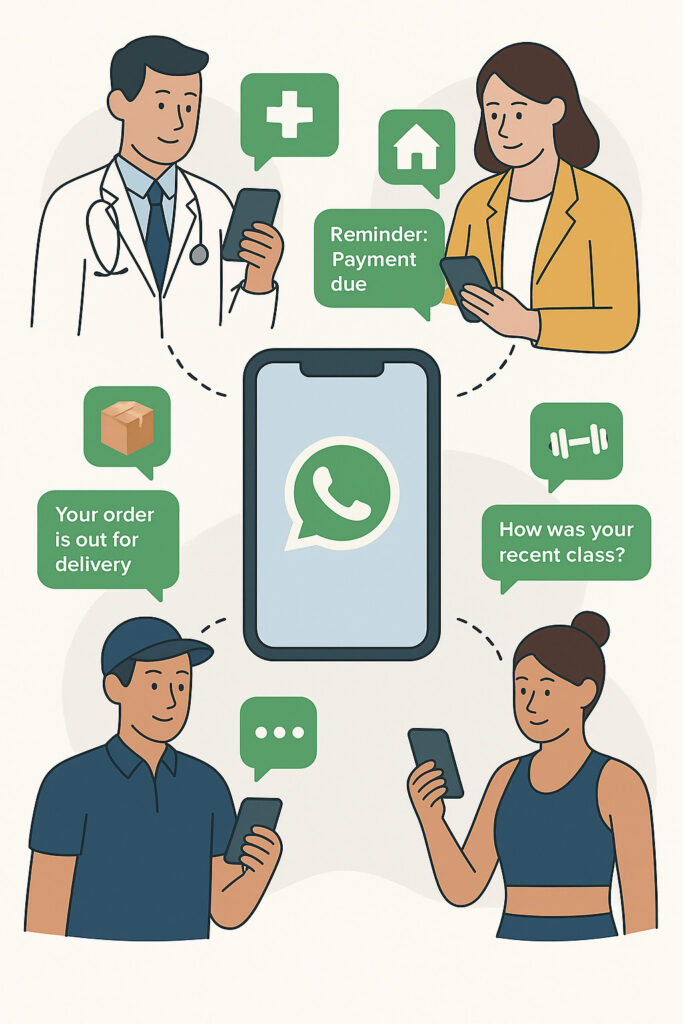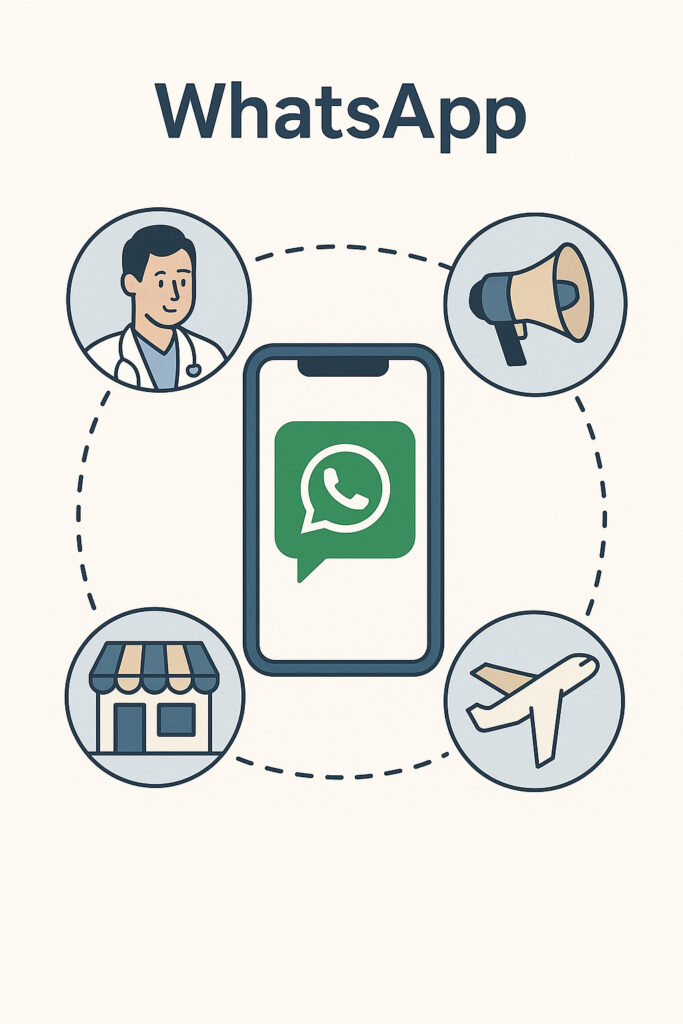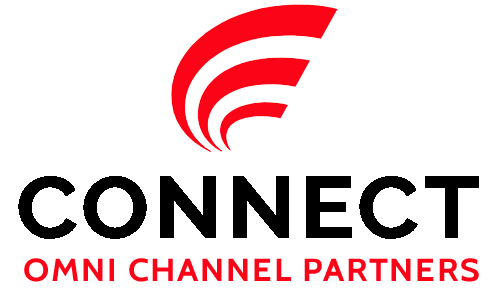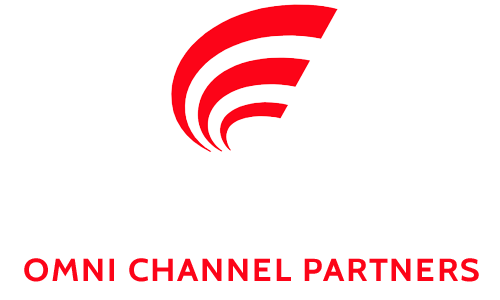20 SMS Credits / ZERO COST (NO OBLIGATION)
Whatsapp Bulk Messaging | Whatsapp Marketing | Connect OCP
-
Connect OCP > SMS Marketing > Whatsapp Messaging
Use WhatsApp for Business with Connect OCP
Engage customers with fast, secure, and compliant two-way messaging on one of the world’s most trusted platforms.
With over two billion users globally, WhatsApp has become an essential tool for business communication. It offers a secure, conversational and accessible way to connect with customers, combining the immediacy of SMS with richer features and enhanced brand control. At Connect OCP, we help businesses unlock the full potential of WhatsApp Business, integrated directly with your existing communication channels.
Whether you’re a small business or a large-scale enterprise, WhatsApp can help you improve customer engagement, increase responsiveness, and streamline service workflows, all while staying fully compliant with UK regulations.
Why Use WhatsApp for Business?
Fast, reliable communication with customers on a platform they already trust
High engagement—messages are read quickly and responded to faster than email
Secure and encrypted end-to-end conversations
Rich media support—including videos, PDFs, buttons, and location sharing
Two-way messaging for natural, conversational customer support
Scalable automation using templates, bots, and CRM integrations
Whether you’re confirming bookings, resolving queries, sending updates, or running campaigns, WhatsApp delivers results across the entire customer journey.
Choosing the Right WhatsApp Business Solution
There are two official options for businesses:
WhatsApp Business App – Best for Sole Traders & Microbusinesses
A free-to-use solution for businesses with fewer than 10 staff.
Key Features:
Basic messaging with manual replies
Custom business profile and contact info
Quick replies, away messages, and labels
Voice and video calling
Great for handling a small volume of direct, 1-to-1 conversations.
WhatsApp Business Platform (API) – Ideal for Growing Businesses
Designed for SMEs, enterprises and customer service teams that require automation, integration and scale.
Key Benefits:
CRM and customer service system integration
Rich media templates and automated responses
Bulk messaging with personalisation
Verified business profile with the green tick
Scalable across departments and locations
At Connect OCP, we provide full onboarding and API integration support, allowing you to manage WhatsApp, SMS, and email from a single centralised platform.

Updated UK WhatsApp Business Platform Pricing (2025)
WhatsApp pricing is now based on conversation types, not individual messages, providing more cost clarity.
| Conversation Type | Initiated By | Cost Per Conversation |
|---|---|---|
| Service | User | Free (as of Nov 2024) |
| Utility | Business | £0.0300 |
| Marketing | Business | £0.0482 |
| Authentication | Business | £0.0748 |
From April 2025, per-message pricing applies to template messages sent outside the 24-hour window. Utility templates remain free within this timeframe.

Legal Compliance for WhatsApp in the UK
Using WhatsApp for business requires strict compliance with UK GDPR, the Data Protection Act 2018, and PECR. Here’s how Connect OCP helps you stay on the right side of the law:
Obtain Clear Opt-In
You must gain explicit consent before sending WhatsApp messages. We support multi-channel opt-in flows via web forms, email, SMS, and in-store.
Best practice: Include a tick-box with a clear privacy policy link during signup.
Offer Easy Opt-Out
Every message should include clear unsubscribe instructions, such as “Reply STOP to opt out”. Connect OCP enables automatic opt-out handling via keyword triggers.
Respect Purpose Limitation
Only send WhatsApp messages aligned with what users agreed to, whether it’s service updates, appointment reminders, or promotions.
Secure Data Storage
We partner with UK- and EU-based platforms that meet all GDPR requirements. You remain in control of your data with full transparency and security protocols.
Identify Your Brand Clearly
Every message must show your business name and include a link to your privacy policy or terms. Applying for a Verified Business Profile (green tick) adds further trust.
Monitor Message Quality
WhatsApp monitors sender reputation. Our platform helps you track response rates, engagement levels, and opt-outs, so you can fine-tune campaigns and avoid penalties.
WhatsApp + Connect OCP: Your All-in-One Messaging Hub
By integrating WhatsApp with Connect OCP, you can manage SMS, WhatsApp, email and automated campaigns from a single dashboard. Whether you’re a small team or a nationwide brand, we help you:
Automate customer journeys and campaigns
Deliver secure 2FA and account verification
Reduce pressure on contact centres
Increase engagement with rich, interactive messages
Stay compliant with UK data protection laws
Ready to Get Started with WhatsApp for Business?
We’ll help you choose the right solution, get verified, integrate your systems, and start communicating with your customers more effectively.
Get a FREE SMS trial

Functional Always active
Preferences
Statistics
Marketing


